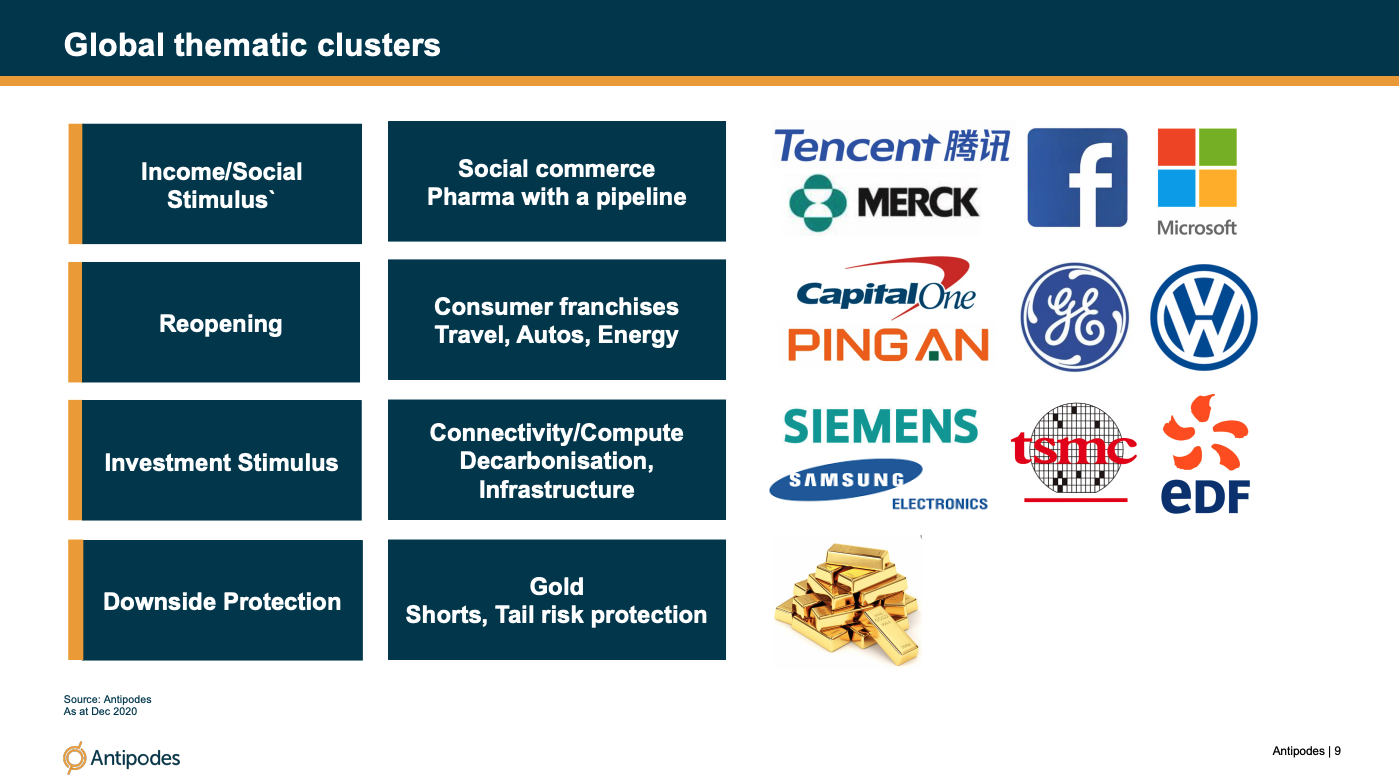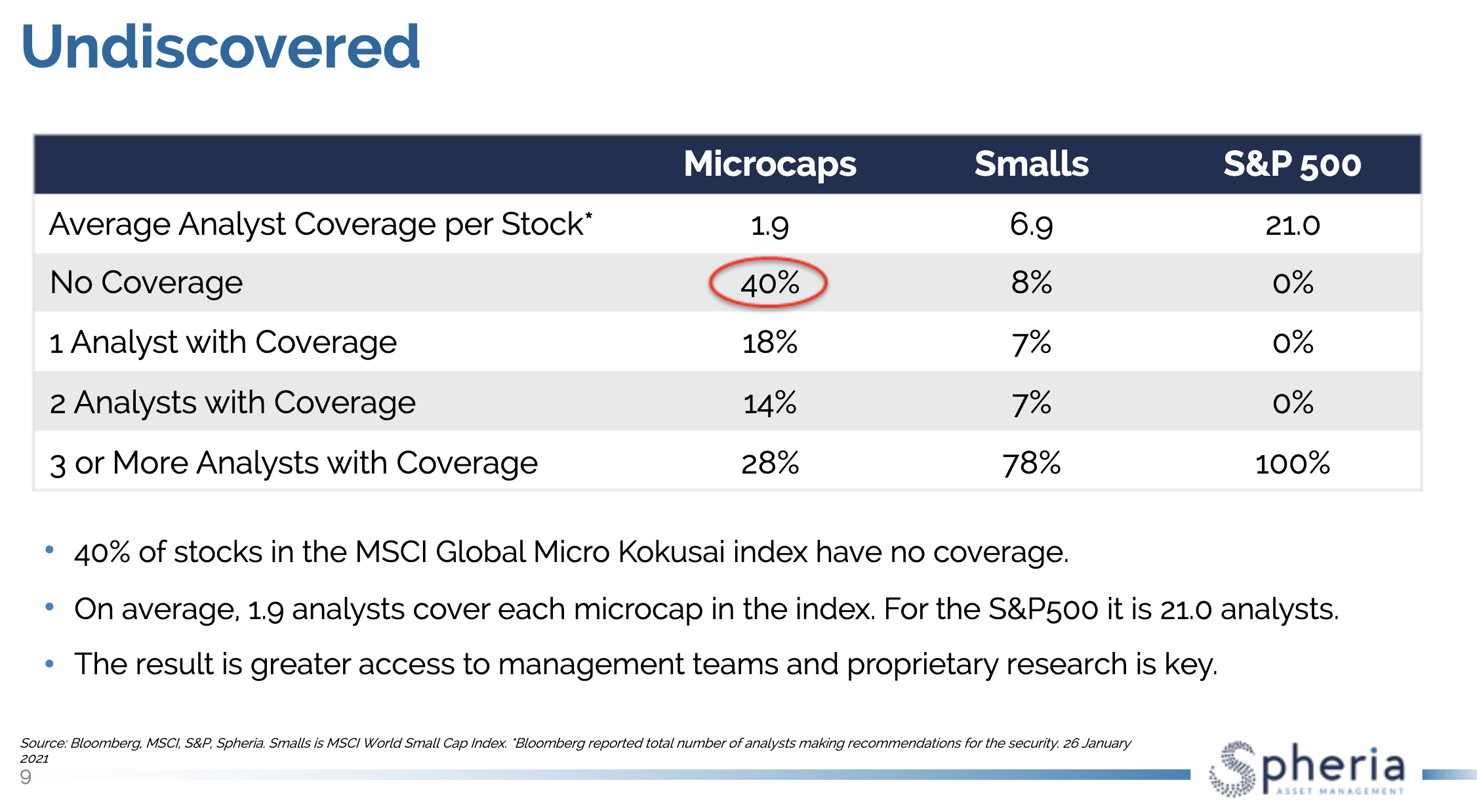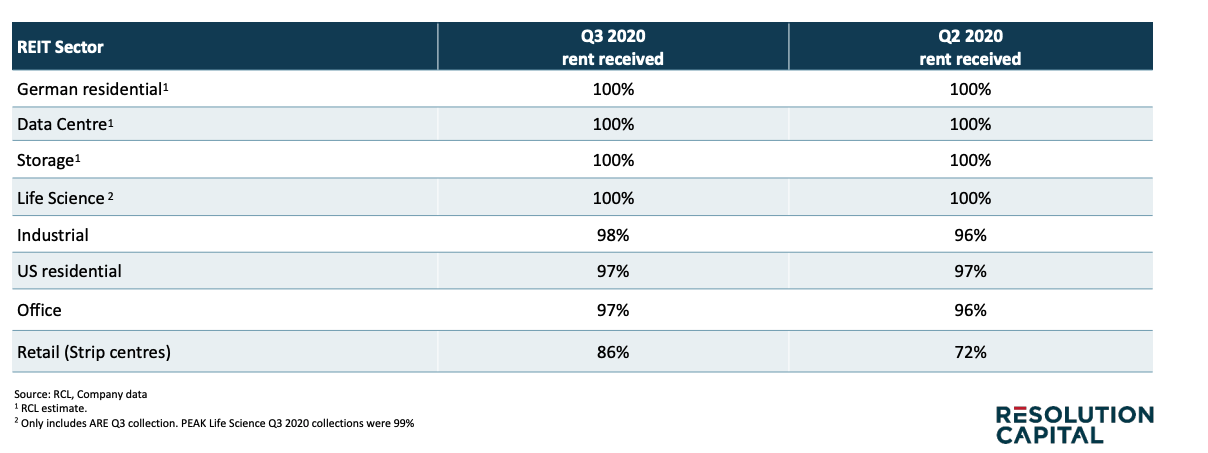Red rags to the bull: 3 global opportunities riding the recovery

Livewire Markets
The atmosphere across global markets is electric, and no this isn't a pun on EV's popularity. Rising exuberance across several sectors has been fuelled, rather than dampened, by the pandemic.
We're seeing the laggards take up e-commerce, driven by pent up savings, and a low-interest-rate environment, that's flooded with stimulus dollars. We're also seeing value stocks make a spectacular comeback, delivering attractive returns in two of the last three months of 2020. But are these enough red rags for a bull market?
At a recent Pinnacle Investment Management webinar, three fund and portfolio managers shared their insights, outlooks and investment strategies on:
- Global equities
- Global micro-caps (defined here as under US$1 billion)
- Global REITs
While they each cover very different asset classes, they are united in their belief that this is a market unlike any other. Alison Savas, client portfolio manager at Antipodes Partners has welcomed value investors back to the fold, which she admits has had "few friends" over the last decade, as investors zeroed-in on growth.
Sonia Luton, managing director at Resolution Capital, has acknowledged 2020 was a tough one for some of the global REITs, but there is significant upside in the year to come. "COVID was a demand shock rather than anything self-inflicted by the REITs," she said. "So there wasn't excessive leverage or excessive supply and the underlying real estate demand fundamentals were in decent shape before the pandemic."
Lastly, Gino Rossi, portfolio manager, Spheria Asset Management thinks there are fantastic opportunities in global micro-caps, which he emphasises are companies around $500-600 million (defined, similarly to domestic small-caps, as companies with a market cap less than $1 billion). "When you look at the current crop of stocks, such as Apple, Microsoft, Amazon, they seem near infallible. But the reality is very few companies maintain their dominance forever," he said.
So, which stocks and funds will knock off the old favourites? Here are their investment strategies for these sectors:
"Pay the right price for growth"
Alison Savas, Antipodes
"We buy good stocks on great valuations … that never goes out of fashion"
If you could synthesise a good global equities strategy in a sentence, for Antipodes you could well say it is: "pay the right price for growth".
Antipodes has built their strategy around strong fundamentals in the underlying companies and they foresee some good plays around further US stimulus measures and reopening economies following the vaccine rollout. Savas outlines her rationale for the stocks below:
- Norsk Hydro (OTCMKTS: NHYDY): aluminium producers based out of Oslo. Antipodes is wagering for aluminium to take off in a low-carbon, sustainability-focused world and Norsk is one of the largest aluminium providers in the world
- Facebook (NASDAQ: FB): Savas freely admits this is a highly-priced stock, but a worthwhile one nevertheless. "Yes, the valuation is 20 times earnings, but when those earnings are compounding at 20-25% per annum we don't think that's an expensive multiple to pay for that type of earnings growth," she said.
- Volkswagen (ETR: VOW3): this company, said Savas, is a great play for a reopening market. It will benefit from pent up demand in the automotive cycle and benefit from exposure to the strong recovery we're seeing in China. "We think it'll be one of the largest producers of electric vehicles in the coming years," she said. The company currently trades on just six times earnings.
- TSMC (TPE: 2330): this company has "box seats" to the rising demand for semiconductors, which has a strong growth pathway as more people become dependent on fast tech and connectivity. "With Intel largely bowing out of the competition, TSMC and Samsung Electronics are the only two companies, globally, that can manufacture leading-edge chips, for semi-conductor companies."
- Tencent Holdings (HKG: 0700): this Chinese tech favourite has a lot more runway, according to Savas. She's expecting it to grow it's earnings by 20% based on an under-monetised advertising revenue through WeChat. "With something like one ad per 30 to 35 posts that ad load is a lot lower than what we see on online platforms in China, and particularly in the West. It also owns WePay, China's second-largest payments business, which is still in its structural growth phase."

Digging deep unearths laser-leveller
Gino Rossi, Spheria Asset Management
"Over the long run, micro-cap stocks have been the best performing segment of the equity market," said Rossi.
Rossi's passion for this market is apparent, but his playful banter and game show analogies make up for the fact that global micro-caps are the quiet achievers. Rossi emphasises the need for deep, proprietary research for these stocks as, despite their "spectacular performance" on average, only 1.9 sell-side analysts cover each micro-cap in the index, compared with 21.0 analysts for the S&P500. While 40% of global micro-caps receive no coverage at all. To illustrate the upside potential, Rossi told us, "Amazon had one analyst covering it in 1997, and now it has over 50," he said. He believes the opportunity lies in these undiscovered or newly discovered stocks at the start of their journey.
- Somero (LN:SOM): A company that produces laser screens to create level concrete, especially for warehousing and skyscrapers. It has a market cap of US$285 million with high cash on the balance sheet and no gearing. It's on 15 times PE net cash balance sheet and competitors are lagging. Rossi also notes it's covered by only one local research firm out of the UK.

Pandemic reveals great GREITs
Sonia Luton, Resolution Capital
"So while we may be in a super-cycle for logistics real estate, we do believe that this is still a multi year trend."
Luton's rules for investing are simple: when underwriting the portfolio you must make sure there are resilient cash flows in the business that can grow through time, robust balance sheets with lower leverage or a debt load which is manageable for a cycle.
Surprisingly, the US retail-heavy GREITs (global real estate investment trusts) were not as hard-hit as expected, and rents continued to flow through to income. "In fact, 94% of the Resolution portfolio maintained or increased its dividend during the pandemic," said Luton.
Meanwhile, areas such as self-storage and logistics received a welcome boost from pandemic behaviour. Amazon has increased its US logistics footprint by 50% in the past year, in line with the rise of e-commerce trade and increasing demand for same-day delivery services.

Dividend payout ratios also remained high and left headroom for future growth. Further buffering against economic shocks, the REITs have been increasingly deleveraging, diversifying their debt sources and lengthening their debt maturities. "If you look at REIT earnings versus equities, it's actually been far more resilient and less volatile," said Luton.
A Biden boost ahead
Overall, global markets have a brighter year ahead. Certainly, there will be some immediate benefits following the vaccine rollout and some return to normalcy, while the US in particular, has further stimulus packages from the Biden administration which will boost spending and further economic recovery. There are some tailwinds in the future… a weaker US dollar could exacerbate volatility in the markets and inflationary pressures are starting to be priced in. By and large, the optimists are pressing hard into the markets and backed by research and sound fundamentals there is still a good appetite for these sectors.
Not already a Livewire member?
Sign up today to get free access to investment ideas and strategies from Australia’s leading investors.
4 topics
3 contributors mentioned

Mia Kwok is a former content editor at Livewire Markets. Mia has extensive experience in media and communications for business, financial services and policy. Mia has written for and edited several business and finance publications, such as...
Expertise

Mia Kwok is a former content editor at Livewire Markets. Mia has extensive experience in media and communications for business, financial services and policy. Mia has written for and edited several business and finance publications, such as...
